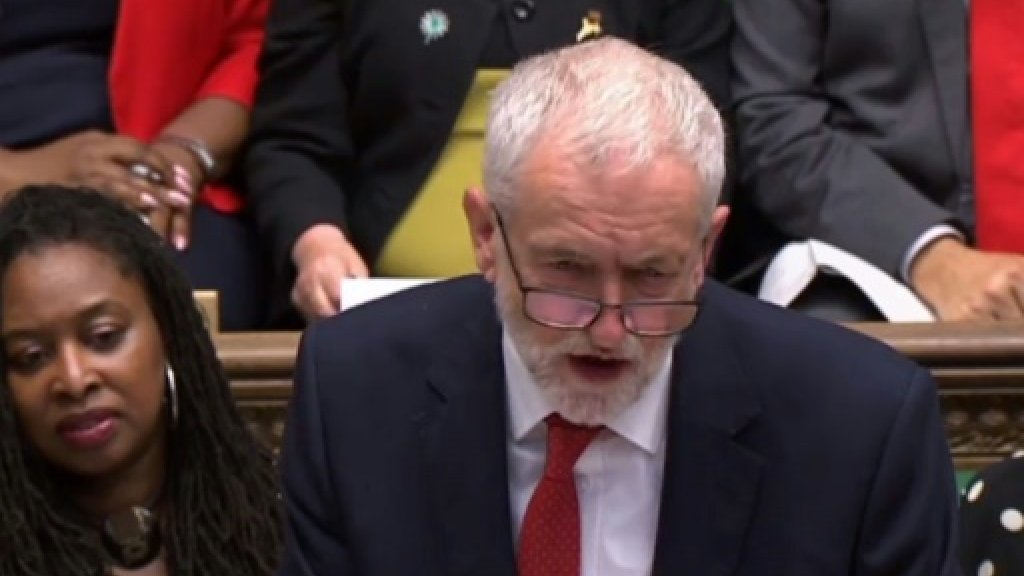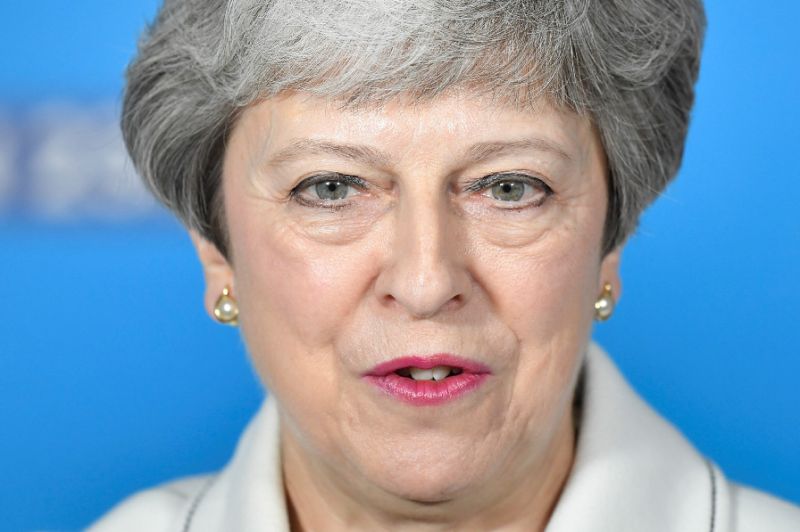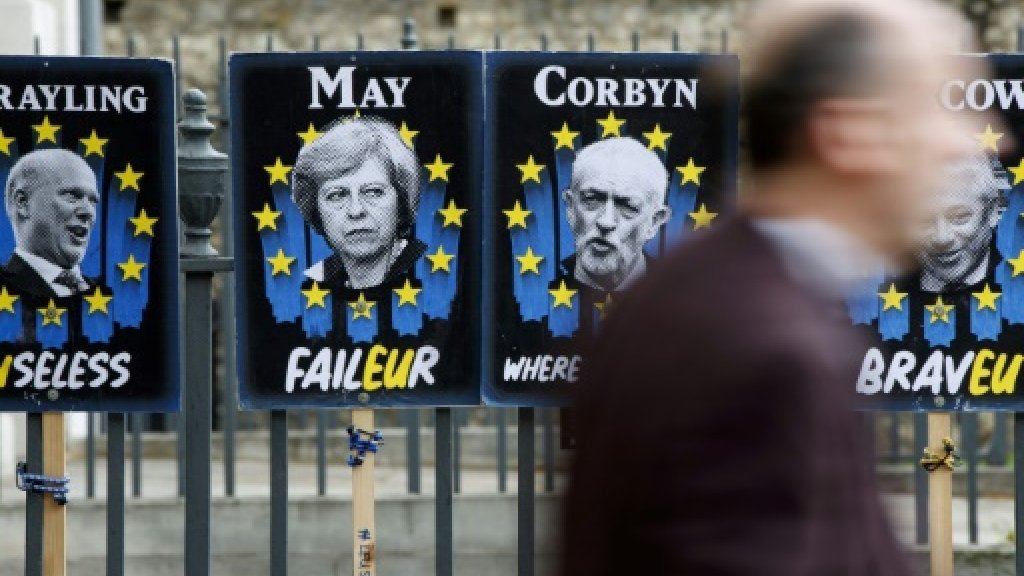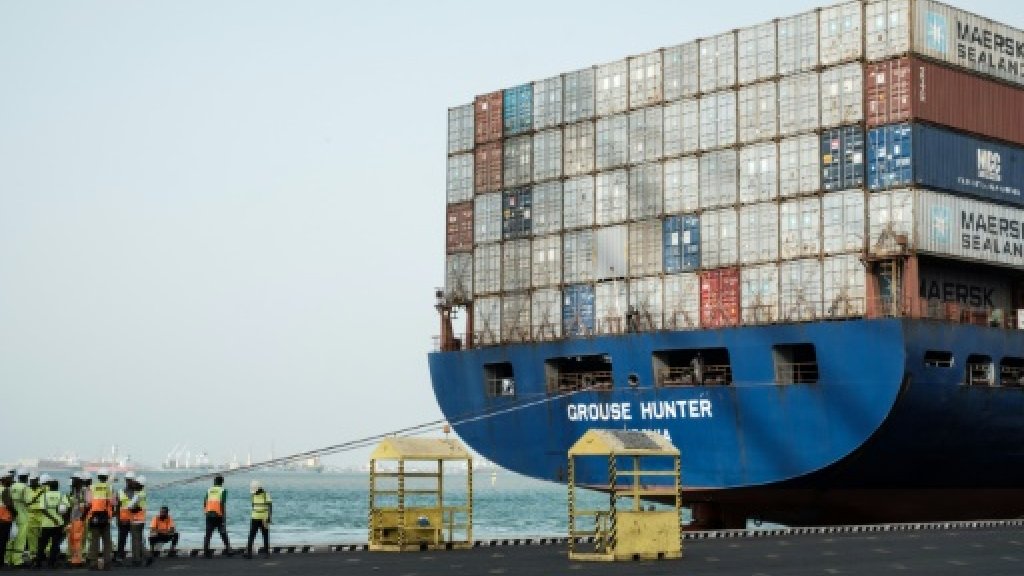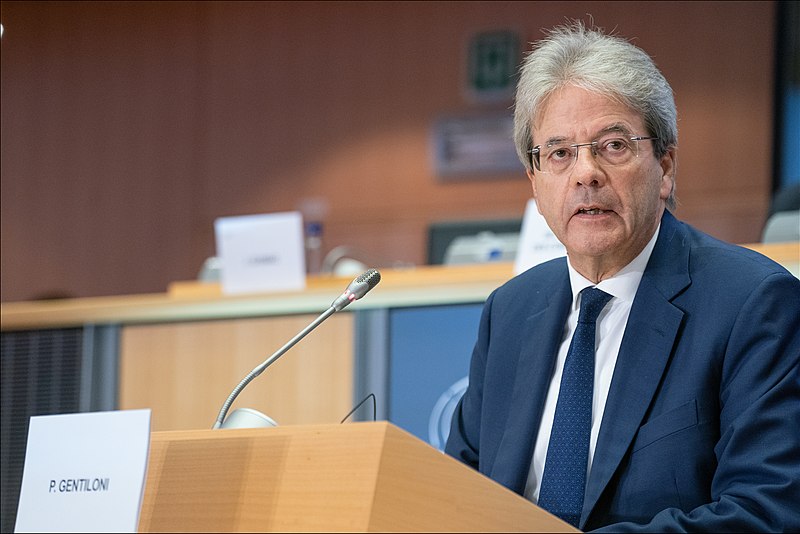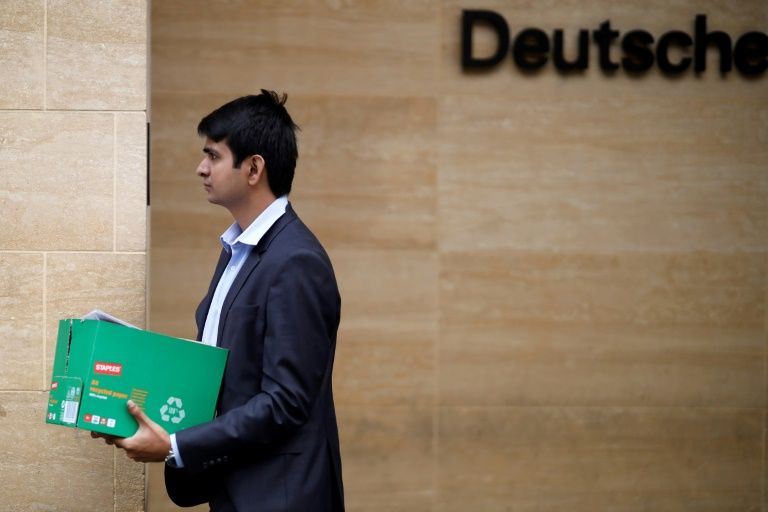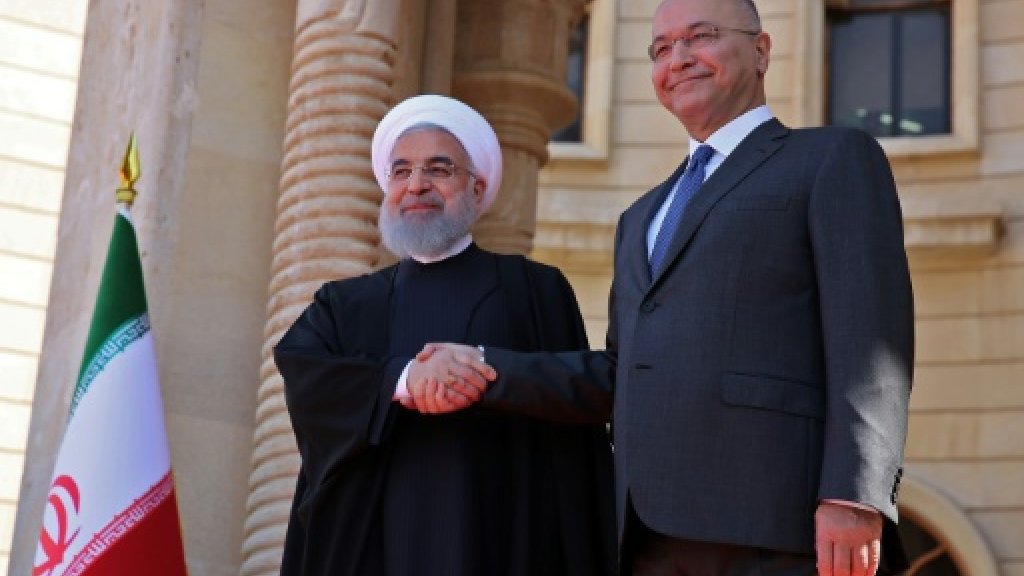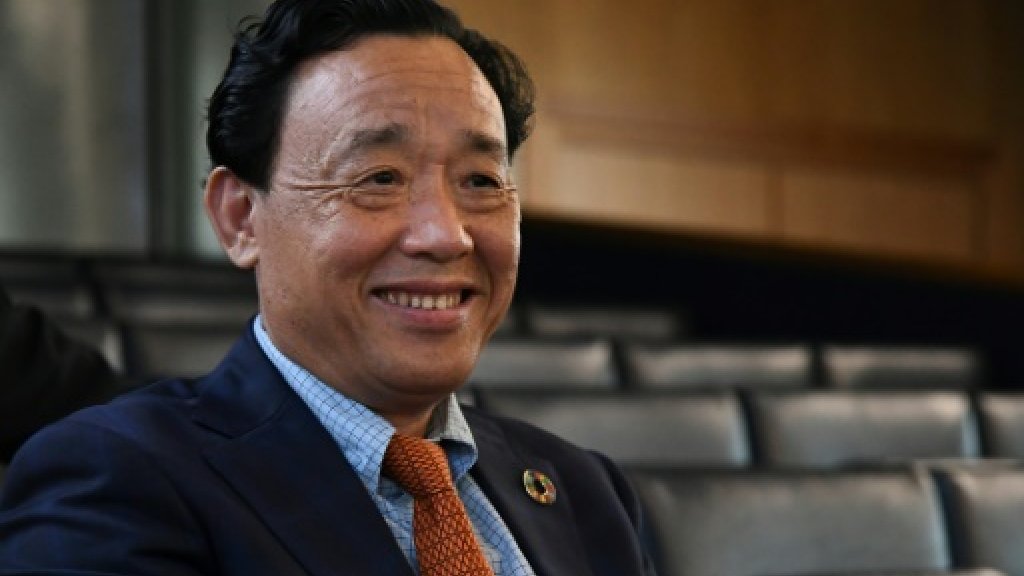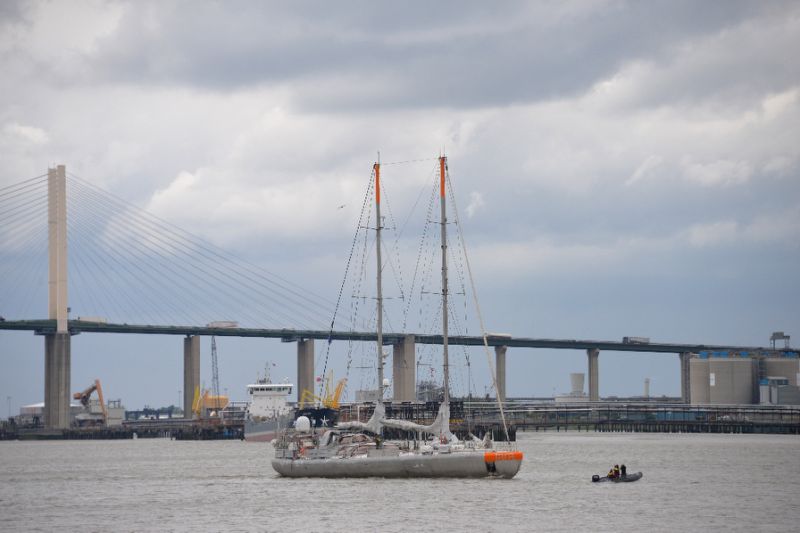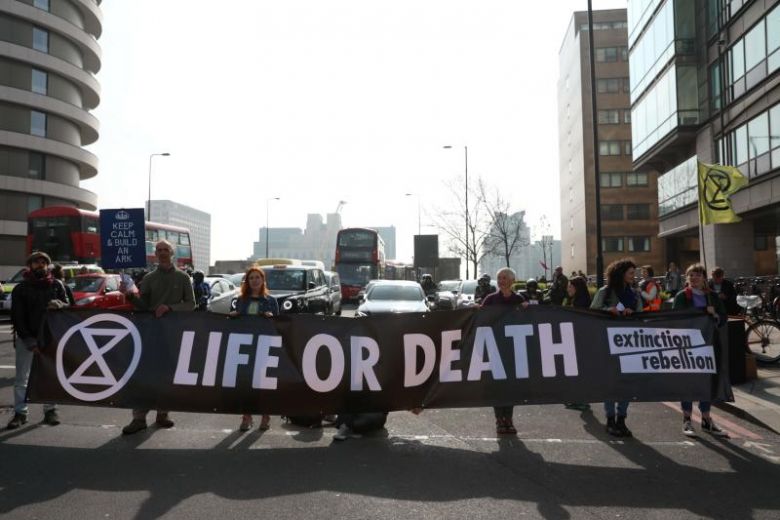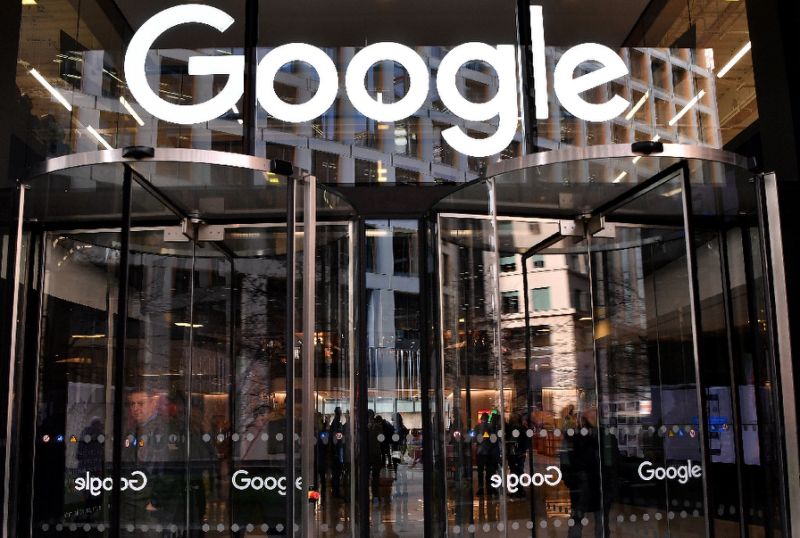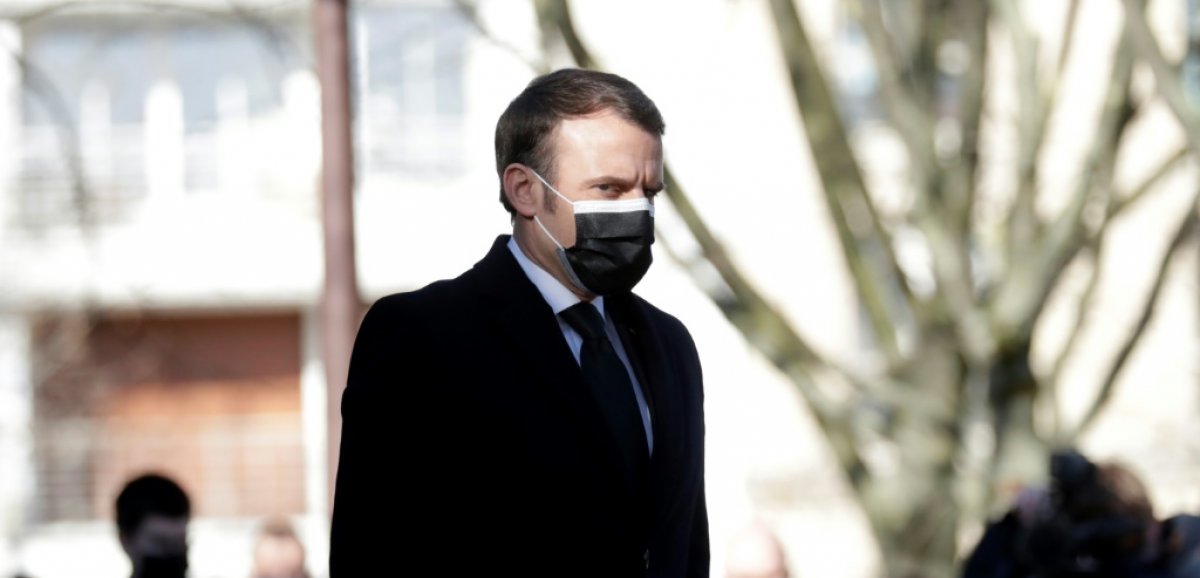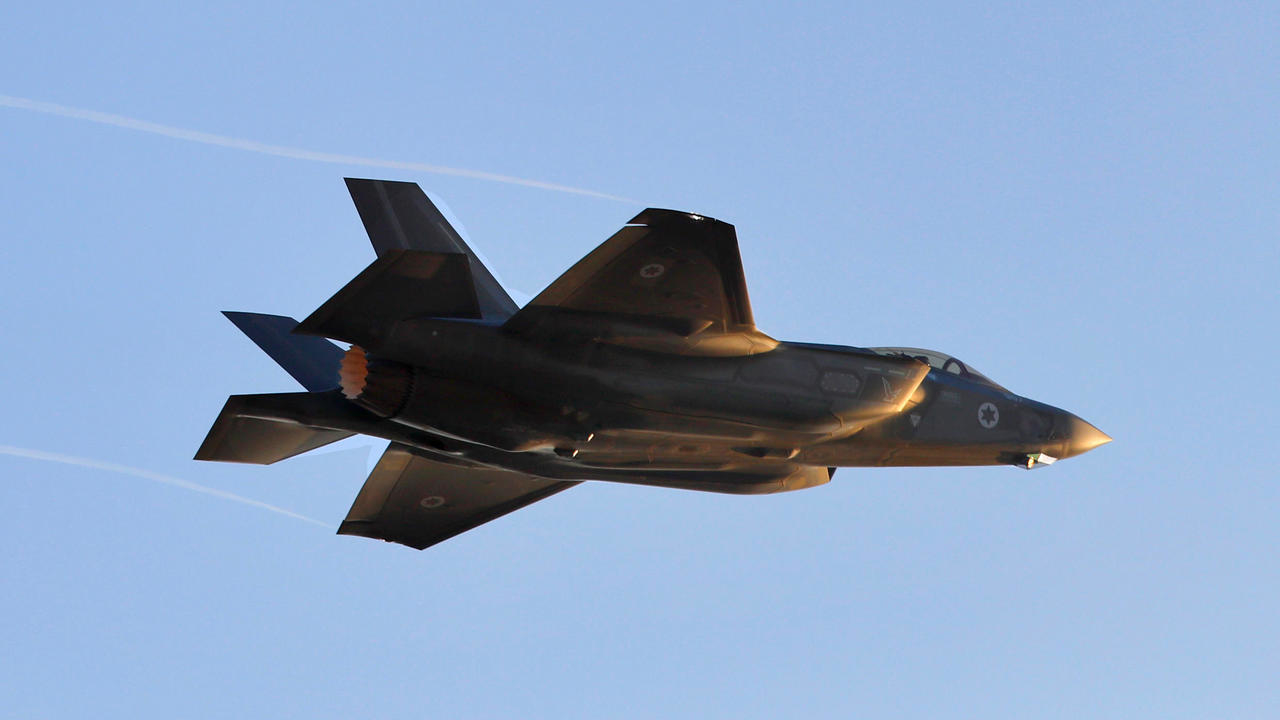
Amidst all the diplomatic back-slapping, the Israel-UAE accord faces its first hiccup: the possible sale of American F-35s to Abu Dhabi that could challenge the Israeli technological edge in the
Middle East.
Prime Minister Benjamin Netanyahu welcomed "our wonderful friend (US Secretary of State) Mike" Pompeo to his Jerusalem office on Monday at the start of a regional tour inspired by the American-backed August 13 accord.
After a show of common ground on the perceived threat from Iran, the arch-foe of both countries, the Israeli leader turned the focus on US arms sales to the United Arab Emirates.
Netanyahu has denied reports that the UAE deal hinges on the sale of US F-35 stealth warplanes to the Emirates, saying he opposes a move that could reduce Israel's strategic edge in the region.
"This deal did not include Israel's acceptance of any arms deal," he said Monday.
Ever since the 1960s, the United States has guaranteed to maintain Israel's "qualitative military edge" in the region.
The policy was enhanced two years ago with a law that Washington must ensure, when selling weapons to another country in the Middle East, that Israel retains the ability to defend itself if the arms were to fall into the wrong hands.
- 'Should be easier' -
Israel has already received a first consignment of F-35s, a fighter also coveted by Gulf powers including the UAE.
Abu Dhabi "has indicated that it wants the F-35. I think the first time was six years ago, so this is something on the table," the UAE minister of state for foreign affairs, Anwar Gargash, told US think tank the Atlantic Council.
"Now the whole idea of, you know, a state of belligerency or war with Israel will no longer exist. So I think it should be... easier," he said.
For Yoel Guzansky, a senior analyst at Israel's Institute for National Security Studies, there is no doubt of the importance of the F-35s.
"I absolutely think that without the F-35, the possibility of buying it, they (the Emiratis) wouldn't sign the (normalisation) agreement," he told AFP.
"This is a big hurdle to the fulfilment of the agreement," he said.
In Israel itself, the political class is divided over the possible sale of the state-of-the-art multi-role combat aircraft by the Jewish state's closest ally.
"Let me remind you that the US sold Turkey and Iran, before the (1979 Islamic) revolution, very sophisticated weaponry, and now these countries are hostile towards Israel," said Guzansky.
"The UAE is not hostile but things might happen. Maybe the regime will fall," he said, also pointing to concerns over espionage by neighbouring Iran, which has a large expatriate community in the UAE.
- 'Certain arrangements' -
Experts believe a deal can be struck to the satisfaction of both Israel and the UAE, and ultimately Saudi Arabia, a longtime customer of US armaments.
"Although this is not really public, from what I understand arrangements are being made that the version that the Arab country gets is not the absolute latest version," said Joshua Teitelbaum, a Gulf specialist at Israel's Bar-Ilan University.
"I think there are certain arrangements in all these cases that in the end Israel is satisfied," he said, referring to past behind-the-scenes accords on the sale of American F-15s to Saudi Arabia and Israel.
Standing alongside Netanyahu, Pompeo said Washington has ways to service its Arab and Jewish allies at the same time.
"The United States has a legal requirement with respect to (Israel's) qualitative military edge. We will continue to honour that," he said.
But Washington would "continue to make sure that we're delivering them (the UAE) the equipment that they need to secure and defend their own people" against Iran.AFP



